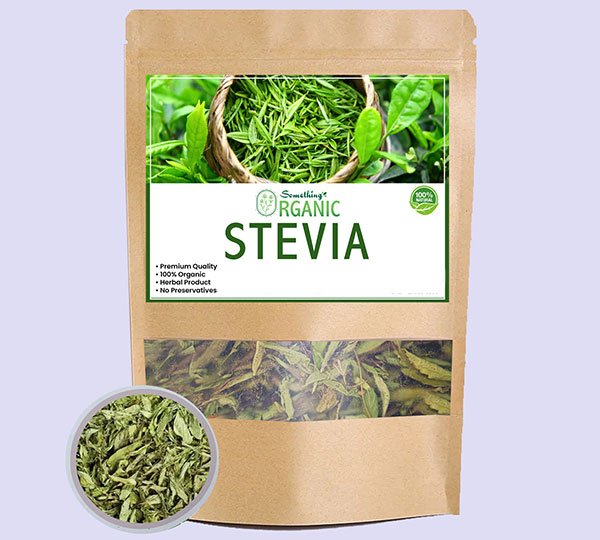How a Natural Diet Reduces Hospital Visits
Live Healthy, Live Long: How a Natural Diet Reduces Hospital Visits
In today’s increasingly health-conscious society, the phrase “Live Healthy, Live Long: How a Natural Diet Reduces Hospital Visits” has taken on new significance. With chronic diseases such as diabetes, heart disease, and cancer becoming more prevalent, individuals and communities are turning to preventative strategies rather than reactive treatments. One of the most accessible and effective tools in this fight against illness is diet—specifically, a natural, whole-food diet that nourishes the body and bolsters the immune system. This blog explores how embracing a natural diet can lead to fewer hospital visits, longer lifespans, and a better quality of life overall.
The Role of Diet in Health and Longevity
Diet is the foundation of human health. It fuels every bodily process, from cellular regeneration to hormonal regulation, and plays a critical role in immune function. Unfortunately, the modern diet, especially in Western societies, is dominated by highly processed, calorie-dense, and nutrient-poor foods. These include fast food, sugary snacks, refined carbohydrates, and processed meats—all of which are linked to a host of chronic health conditions. By contrast, a natural diet, which emphasizes whole grains, fresh vegetables and fruits, lean proteins, and healthy fats, offers the vitamins, minerals, and antioxidants needed to protect against disease and maintain optimal bodily function.
Natural Foods and Chronic Disease Prevention
Many chronic illnesses have a direct relationship with poor dietary habits. For example, excessive sugar intake can lead to insulin resistance, the precursor to type 2 diabetes. Processed and fried foods are high in trans fats, which increase bad cholesterol levels and the risk of cardiovascular disease. Meanwhile, diets low in fiber and rich in red and processed meats are associated with an increased risk of colorectal cancer. Switching to a natural diet helps to combat these effects. Whole fruits and vegetables are rich in fiber and phytonutrients that help regulate blood sugar, reduce inflammation, and support healthy cholesterol levels. Lean proteins such as fish, beans, and legumes offer essential amino acids without the saturated fats that clog arteries.
Impact on Cardiovascular Health
Heart disease remains the leading cause of death worldwide. However, numerous studies have shown that dietary changes alone can dramatically reduce the risk of developing cardiovascular conditions. A natural diet, particularly one modeled after the Mediterranean or DASH (Dietary Approaches to Stop Hypertension) diets, is rich in omega-3 fatty acids, potassium, magnesium, and antioxidants—all of which play essential roles in maintaining heart health. Regular consumption of leafy greens, whole grains, nuts, and fatty fish helps lower blood pressure, reduce arterial plaque, and improve blood lipid profiles. Over time, these benefits translate to fewer cardiac-related hospital admissions and procedures.
Managing Diabetes with Natural Foods
Type 2 diabetes is a preventable lifestyle disease, and diet plays a central role in both its prevention and management. Refined sugars and carbohydrates cause rapid spikes in blood glucose levels, placing stress on the pancreas and increasing the likelihood of insulin resistance. On the other hand, whole foods with low glycemic indexes—such as legumes, vegetables, and whole grains—digest more slowly and promote stable blood sugar levels. Additionally, natural foods contain soluble fiber, which not only slows glucose absorption but also promotes satiety, helping with weight control. For individuals already diagnosed with diabetes, a natural diet can reduce complications such as neuropathy, vision loss, and kidney disease, thus limiting the need for frequent hospital visits.
Digestive Health and Nutrient Absorption
The health of the digestive system is another critical area where a natural diet shines. Processed foods often lack the fiber and enzymes necessary for efficient digestion and elimination. In contrast, whole foods contribute to a thriving gut microbiome, which plays a role in everything from nutrient absorption to immune defense. Foods rich in probiotics and prebiotics—such as yogurt, kefir, garlic, onions, and bananas—support the growth of beneficial bacteria in the gut. This, in turn, reduces the likelihood of gastrointestinal issues like constipation, bloating, and irritable bowel syndrome. Better digestion ensures that the body can efficiently utilize the nutrients it receives, minimizing deficiencies that often lead to medical complications.
Weight Management and Obesity Prevention
Obesity is a major risk factor for a multitude of health conditions, including type 2 diabetes, hypertension, cardiovascular disease, and certain cancers. A diet based on whole, natural foods is inherently lower in calories and higher in nutrients than a diet of processed fare. Natural foods promote satiety due to their fiber and water content, helping individuals maintain a healthy weight without the need for extreme caloric restriction or fad diets. Sustainable weight loss and maintenance reduce strain on the body’s organs and systems, thereby lowering the risk of hospitalization due to weight-related complications.
Boosting Immune Function
Natural foods contain a rich array of immune-boosting nutrients. Vitamins A, C, and E; zinc; and selenium are all found abundantly in a diet rich in colorful fruits and vegetables. These nutrients support the production and function of white blood cells, the body’s primary defense against infection. Unlike processed foods, which can promote systemic inflammation and suppress immune responses, natural foods help maintain the delicate balance required for effective immune surveillance. A stronger immune system translates to fewer infections, faster recovery times, and ultimately fewer hospital visits.
Mental Health Benefits
Emerging research underscores the link between diet and mental well-being. Diets high in processed foods have been correlated with increased rates of depression and anxiety. In contrast, diets abundant in omega-3 fatty acids, B vitamins, magnesium, and antioxidants—all prevalent














